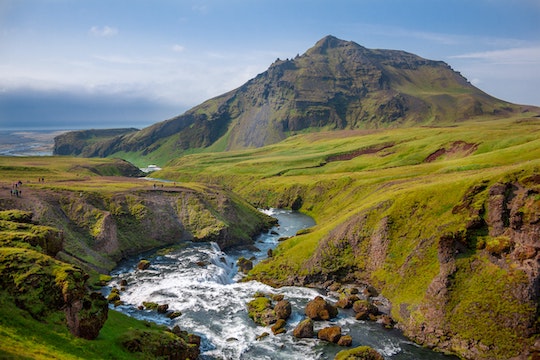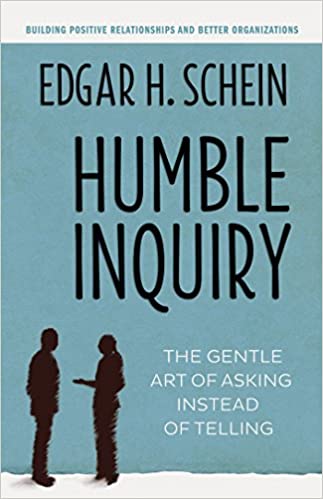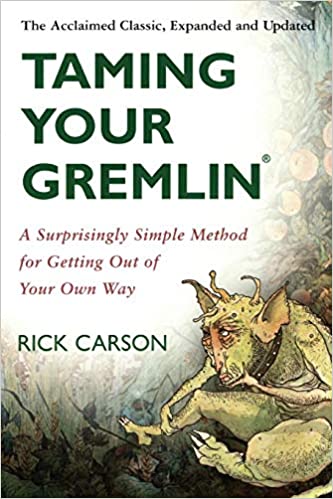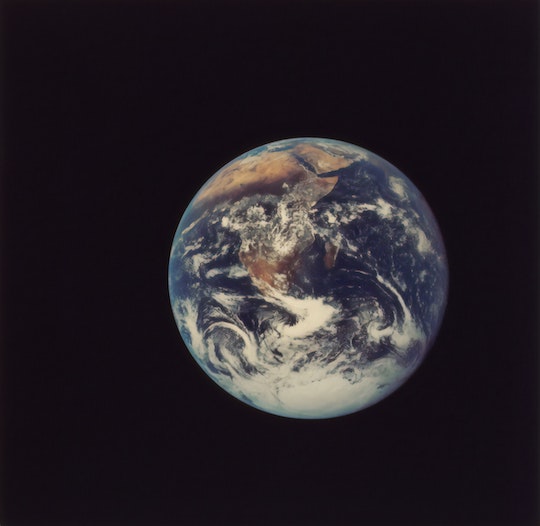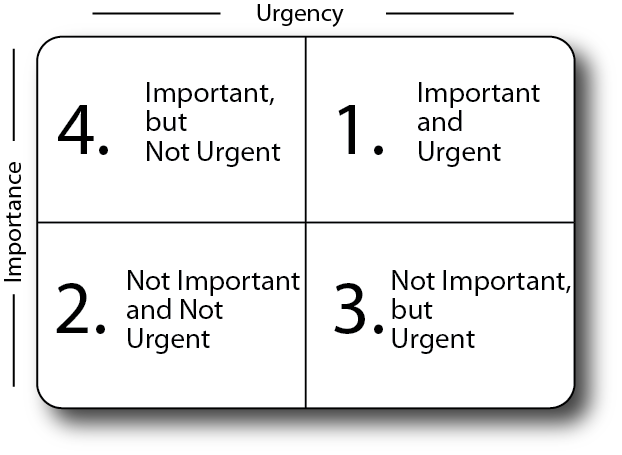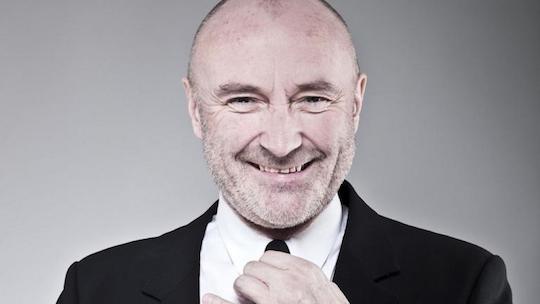“Your thoughts are bubbles waiting to be popped.”
—Jon Kabat-Zinn, American professor emeritus of medicine
The other day I was refilling a soap dispenser at the kitchen sink. While pouring the liquid soap carefully into the opening a bubble formed, creating a dome-shaped barrier which caused the soap to spill over the counter. Until this bubble popped my efforts to continue filling the dispenser were thwarted. This happened a few times and given my level of impatience, I used my finger to pop these bubbles to get on with my task.
This routine chore got me thinking about how I used to read the comic strips in the Sunday paper, or eat a piece of Bubble Yum gum in my youth. How are your thoughts like bubbles of awareness? How long do these bubbles last and guide you successfully through your days?
EXERCISE:
How aware are you of your inner voice? How many of your thoughts bubble up without your awareness? Where would greater mindfulness help you sustain the bubbles you want and pop the ones that don’t serve your best intentions?




